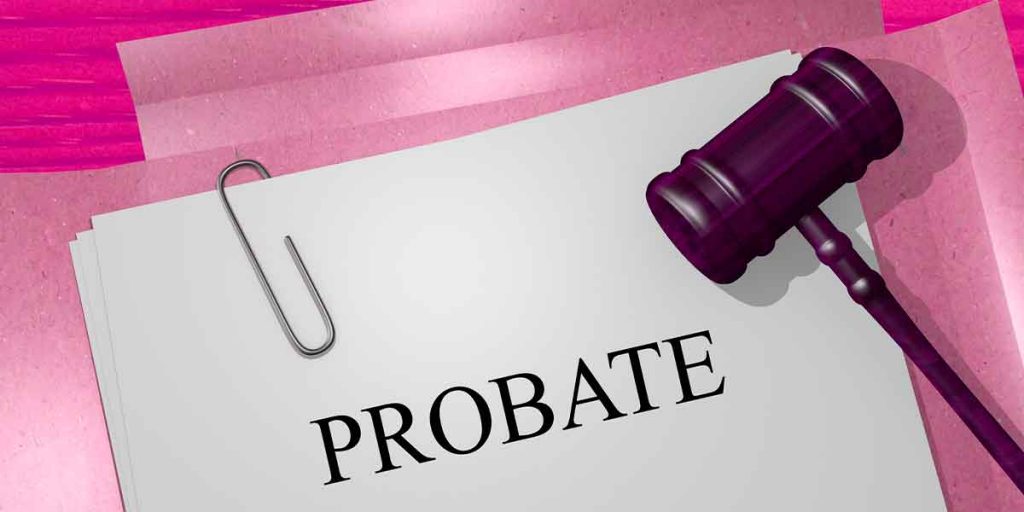Some people believe that death is the perfect escape from debts and due taxes. That is a big lie. Even the dead will have to pay their debts and due taxes. This doesn’t mean they’ll be resurrected to do so. No. The assets they left behind will be used to pay the debt and taxes they owe.
Probate
You see, when an estate owner dies, his or her estate undergoes probate. Probate is mainly done to ensure that the presented will is genuine. Probate is also done to facilitate the distribution, management, and settlement of estate affairs of the deceased. This covers the appraisal of the deceased assets, payment of unpaid debts and taxes, the location of assets, etc. Distribution of assets cannot be made to designated beneficiaries until probate is over.
Estate Taxes
According to Benjamin Franklin, nothing in this world is certain except death and taxes. Estate taxes are quite different from estate expenses. This type of tax can be prevented by creating a revocable living trust.
Federal estate taxes can cost a bomb and are to be paid in cash. The estate tax of a deceased must be paid within nine months after his or her death. Because some estate lack cash, some estate assets are sold to pay these taxes. However, if you make good plans, you can lessen or even scrap estate taxes.
Who is required to pay this tax?
Not everyone is required to pay estate taxes. Be rest assured that you’ll pay estate taxes if its gross value surpasses the exempt amount established by the congress at that period. As at the year 2011 and 2012, the federal exemption was $5 million (modified for inflation in the year 2012) and the tax rate was 35%. Sometimes, you may have to pay taxes even when exempted. For instance if exempted from paying federal estate taxes, you may still have to pay state taxes.
The burden of paying Creditors and due taxes
People take loans, it’s a norm. In fact several Americans are currently indebted to individuals and lending organizations. When you kick the bucket, the debts you owe will have to be paid. Every penny will be settled before the distribution of your assets can go on. This burden often fall on the estate executor or administrator, including the probate attorney (if at all one was hired).
Paying creditors is a huge tax. Why? Because it is difficult to know the actual creditors. It takes lots of digging to find out who the real creditors are. After that, the next step is brainstorming on how to pay them. If money owed is more than the estate value, there is going to be problem. It is also the same with paying due taxes. The processes involved can be tedious based on how big the estate is.
Probate Attorney
A probate attorney is a state listened individual whose duty is to assist estate executors or administrators, beneficiaries, and estate owners. A probate attorney can help in several areas of the estate planning and probate process. They can help in creating a will, one that avoids the complicated probate process. They can offer valuable advice to estate owners, executors, and family members.
Due to their enormous experience in the field, including their familiarity with probate court proceedings, a probate attorney is your go-to person when embroiled in certain probate or estate planning issues. Furthermore, probate attorneys are very conversant with state probate laws including estate planning laws. This denotes that, they can seamlessly walk you through the probate process. As an estate executor, they can tell you what to expect, how to avoid major roadblocks that could derail the process, what to do to make the process faster, how to go about sorting out the deceased assets and how to settle unpaid debts and taxes, etc.
In addition, if you are eager to plan an estate that avoids probate, a probate attorney can be of great assistance. In fact, when it comes to estate planning and probate, you’ll need a good probate attorney by your side always. If you are looking for a good probate attorney to handle your probate or help you plan your estate, don’t look further. We have the best probate attorneys. Contact us now!









